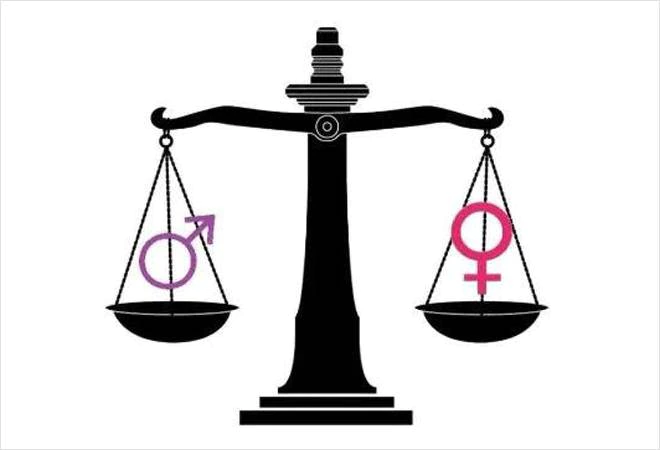ance is often described as the foundation of intergenerational wealth, and it is considered a fundamental right in many societies. However, despite legal provisions that ensure the distribution of inheritance among men and women, patriarchal attitudes still prevail in several countries around the world. Pakistan is no exception to this problem, as Pakistani women face numerous obstacles when claiming their right to inheritance.
The current state of inheritance rights for Pakistani women
In Pakistan, women have long been denied their rightful share of the inheritance. While the country’s laws have changed to recognize women’s right to inheritance of property, these changes have not been fully implemented, leaving many women without the ability to claim their rightful inheritance.
This issue is compounded by the fact that Pakistani society is highly patriarchal. This cultural attitude means that even when women do inherit property, they are often pressured to give it up to their male relatives. As a result, women in Pakistan face significant obstacles in claiming their rightful share of inherited wealth.
This lack of knowledge leaves them vulnerable to being cheated out of their rightful share by their male relatives. Even when they are aware of their rights, claiming inheritance can be a daunting task for Pakistani women. They often have to contend with resistance from their families and community members who may not want to see them “step out of line.”
In addition, Pakistani women who do claim their inheritance often face stiff opposition from their husbands and in-laws. In many cases, husbands will claim ownership of the property outright, leaving their wives with no legal recourse. In other cases, husbands and in-laws may try to force the woman to sign away her rights to the property in exchange for a financial settlement.
These obstacles can make it very difficult for Pakistani women to claim what is rightfully theirs. However, there are some organizations working to help women overcome these challenges and assert their rights. With more awareness and support, hopefully, more Pakistani women will be able to access their rightful inheritance.
The first step in addressing this problem is for the government to fully implement the legal changes that recognize women’s rights to inherit property. Additionally, public education campaigns are needed to raise awareness of these rights and help change societal attitudes towards women and inheritance. Only then will Pakistani women be able to claim their rightful place as heirs to their family’s wealth.
This has a profound impact on Pakistani women. Without access to financial resources, they are often unable to participate fully in society or realize their potential. They may be forced into marriages for financial security, or be unable to afford basic necessities like healthcare and education. This unequal distribution of wealth reinforces gender roles and keeps women trapped in a cycle of poverty and disadvantage.
It is clear that the unequal distribution of wealth has a negative impact on Pakistani women. This needs to change if we want to see a more just and equal society in Pakistan.
What needs to be done to change the situation for Pakistani women?
In order to change the situation for Pakistani women claiming inheritance, a number of things need to be done. First, the government needs to pass laws that are more favorable to women and give them greater protection. Second, judges need to be trained to better understand and apply the existing laws. Third, social attitudes need to change so that women are not seen as second-class citizens.
Pakistani women have long been fighting for their rights, but they continue to face many obstacles. The most pressing issue is the unequal distribution of wealth. According to Pakistani law, women are entitled to half of what their male relatives inherit. However, in practice, women often receive far less than this due to social and economic pressure.
The government needs to do more to support Pakistani women in claiming the inheritance. Laws need to be passed that give women greater protection and make it easier for them to inherit property. Judges also need to be better trained in how to apply the existing laws fairly. Finally, social attitudes need to change so that women are not seen as second-class citizens. Only when all of these factors are addressed will the situation for Pakistani women begin to improve.
The unequal distribution of wealth remains a major issue in Pakistan, where women are often excluded from the inheritance of their fathers or husbands. This has been further complicated by the lack of legal protection and awareness regarding inheritance rights among Pakistani women. While some efforts have been made to improve this situation, there is still much work that needs to be done in order to ensure that all citizens have access to genuine justice when it comes to claiming their rightful inheritance. Only then can we hope for an equitable society where everyone’s basic rights are respected and upheld?














